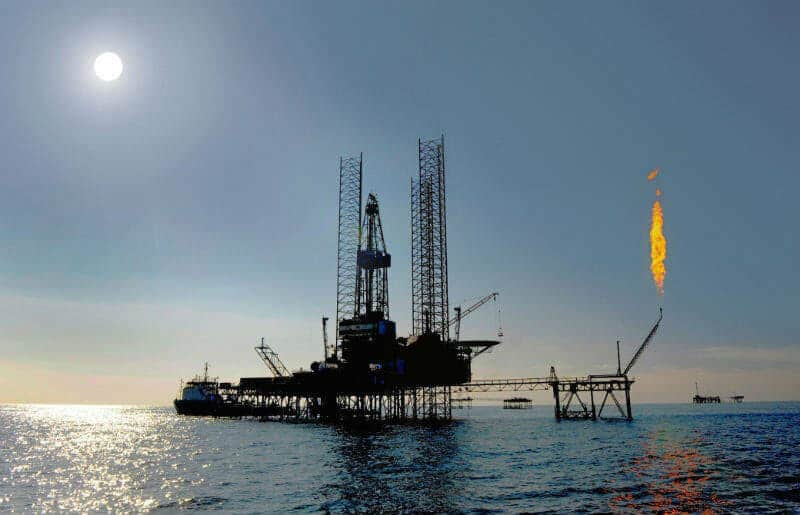An Iranian company is exploring in the Caspian Sea a new gas reserve that is estimated to be able to meet a fifth of Europe’s gas demand, local reports have said.
The exploration is being carried out by the Khazar Exploration and Production Company or KEPCO, said the reports.
The Chalous Superstructure Drilling and Exploration project is expected to be completed over the next couple of years.
KEPCO head Ali Osouli was quoted by the local reports as saying: “If the initial estimates are confirmed and exploration success is achieved, the Iranian sector of the Caspian Sea will play a significant role in gas exports to Europe in the near future, in which case Iran’s new gas hub will be formed in the north to let the country supply 20 percent of Europe’s gas needs from this region.”.
The Chalous structure will apparently be the second-largest natural gas block in the Caspian Sea, just behind the Alborz structure.
Based on various studies conducted on that structure, it is estimated to hold gas reserves equivalent to one-fourth of the giant South Pars gas field.
That would put Chalous in 10th position in the world in terms of gas reserves, said the local reports.
This structure is believed to have a production capacity equivalent to 11 phases of South Pars.
If the estimates are accurate and the operation to explore the Chalous structure proves successful, the volume of recoverable gas from this structure alone would be 1.5 times the total recoverable gas in Azerbaijan and equivalent of 30 percent of the total recoverable gas in the Caspian Sea.
Based on available evidence, this structure can also have significant oil reserves.
According to KEPCO, exploration drilling has to begin in Chalous in the shortest possible time.
Immediately after exploration, long-term well testing will be carried out to make a proper assessment of recovery from this reservoir in order to facilitate the formulation of the best development plan for the field.

